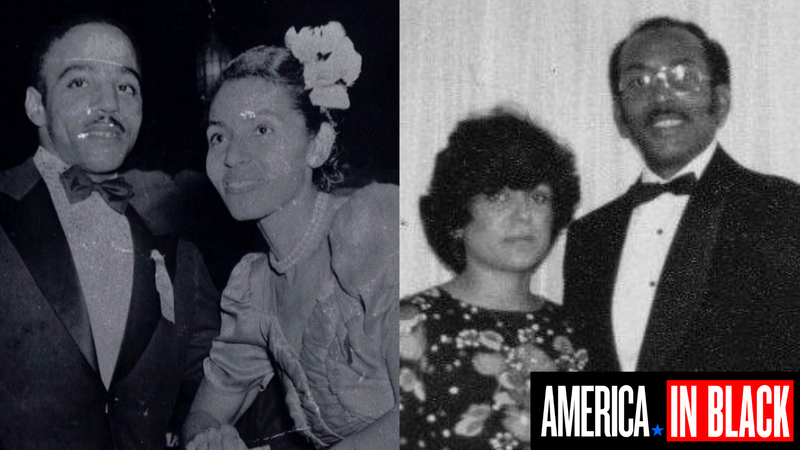Escaping Culture – Finding Your Place in the WorldPosted in Autobiography, Books, Latino Studies, Media Archive, Monographs, United States on 2019-06-06 14:01Z by Steven |
Escaping Culture – Finding Your Place in the World
TheBookPatch (an imprint of Wilshire Press)
2019-04-05
168 pages
6 x 0.4 x 9 inches
Paperback ISBN-13: 978-1092860482
Frederico Wilson
Sumner, Washington
Freedom is a mindset more powerful than any assemblage, faction or group.
Born to a Mexican/Yaqui Indian mother, and Mexican/Anglo father, the author shares life-altering events and the people that shaped his mixed-race “American” experience.
For as long as he can remember, identity by choice or force has wrought conflict and contradictions. Who is he? What is he? Where did he come from? Where does he belong? Where is he going?
His surname implies he’s white, but his brown skin begs to differ. Is he Mexican? His Mother’s family tree most certainly is, but his Father’s Celtic, Iberian branch bears his Anglo surname. Is he more culturally white European than ethnically Latino? Is he a Native American, rooted in his beloved Yaqui Abuela? To which ethnic tribe does he belong?
The author asks readers to think of this book as explanatory theater; as a three-act play providing racial and cultural context, commentary, and value to the social interaction paradigms we all share, but often fail to recognize in ourselves and one another.
His essays testify, an authentic telling of naivety, consequence, rebellion, and evolutionary awareness. And of life discovered, marinated in an introspective stew of love, fear, indulgence, compassion, humility, and redemption.
He intends to affirm and provoke, and open our eyes to a world seen through an independent and different colored lens. Let your guard down. Consider his
observations a handshake between friends. Relax in a comfortable chair, have a glass of wine and peruse. He won’t bite. Well, maybe, a little.







